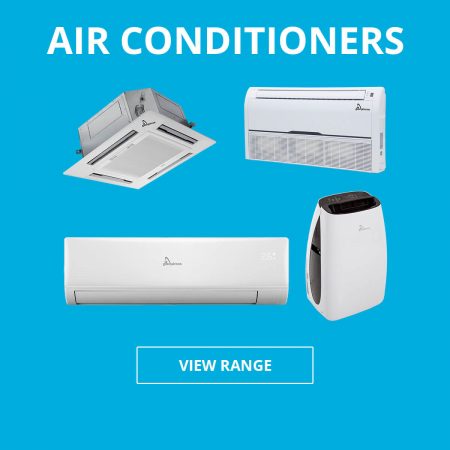With so many technological advances in household devices, it can be tricky to be informed on every definition for every bit of machinery. We often see taglines and information on air conditioning units without any idea of what it means or how it affects the machine. Fortunately, we’re here to help and uncover the question, “What does 16 SEER air conditioner mean?”, so that customers can make the right decision when it comes to purchasing AC units.
What is a SEER Rating?
It’s important to understand the basics before we jump into the nitty gritty. So first, what exactly is a SEER rating? SEER stands for Seasonal Energy Efficiency Ratio. A SEER rating is calculated to indicate the maximum level of efficiency the machine is running at. SEER shows much more efficient your unit is for the electricity that is being used.
Where Does a 16 SEER AC Fit in the Spectrum?
Through understanding what SEER stands for, we can adequately answer what does a 16 SEER air conditioner mean. A 16 SEER air conditioning unit is a great choice for any home as it will provide your home with an annual savings percentage of 19% when cooling your home. This is comparative to a 13 SEER system which is the lowest efficiency you can buy today.
The percentages for savings will continue to increase with the greater SEER ratings, meaning that a 20 SEER AC unit will run much more efficiently than a 16 SEER unit. It often depends on your budget to determine what SEER air conditioner you get. A 16 SEER AC is a fantastic choice and still provides a great level of efficiency, especially as older machines can operate at half this efficiency.
What Are the Benefits of Getting a High SEER Rating AC?
Installing a higher SEER air conditioning unit can produce many benefits in the home. These include:
Higher Energy Efficiency = Less Money on Bills
The biggest perk of purchasing a high SEER air conditioner is that the increased efficiency will mean lower bills. If you’ve found it difficult to pay for the rising bills in the summer seasons, then switching to a higher efficiency machine may help dramatically. Most higher SEER machines are going to be more expensive than your older units or the entry-level models. However, although it may be a lot of money at once, purchasing a machine with a greater SEER rating will eventually pay for itself.
Less Fossil Fuel Usage
Naturally, when your air conditioning unit is running at a greater efficiency, that means you’re not burning as many fossil fuels to produce the best cooling effect throughout your home. For anyone who wants to be slightly more conscious about their impact on the environment, switching to a higher SEER air conditioning unit will help.
Greater Reliability and Comfort
With a higher SEER rating on your AC, you can expect a greater level of reliability and comfort. The machines with higher SEER ratings tend to be more reliable as they’re newer models and will be able to cool your home quickly and efficiently.
This reliability combined with the fact that higher SEER units often have more components to cool down a home efficiently, you will find that your home reaches a more comfortable temperature at a faster rate. This is great for those sudden heat waves and days when you can’t cope with the increase in humidity or temperature.
